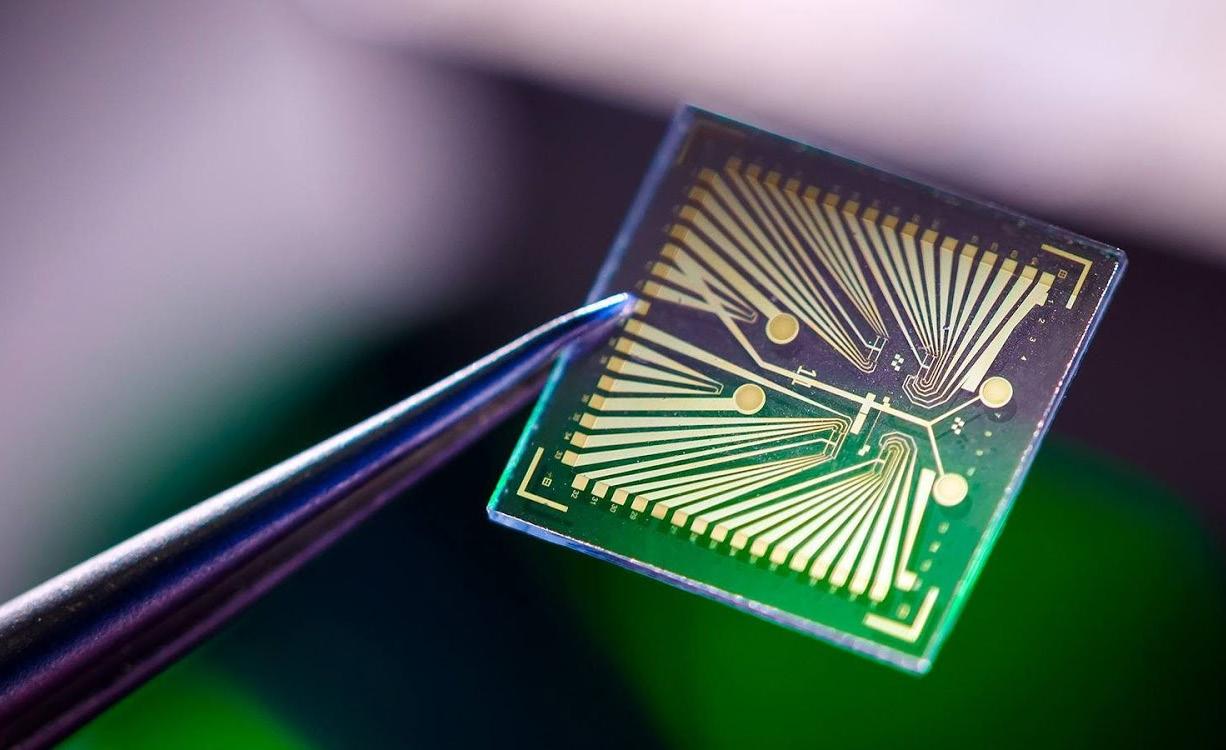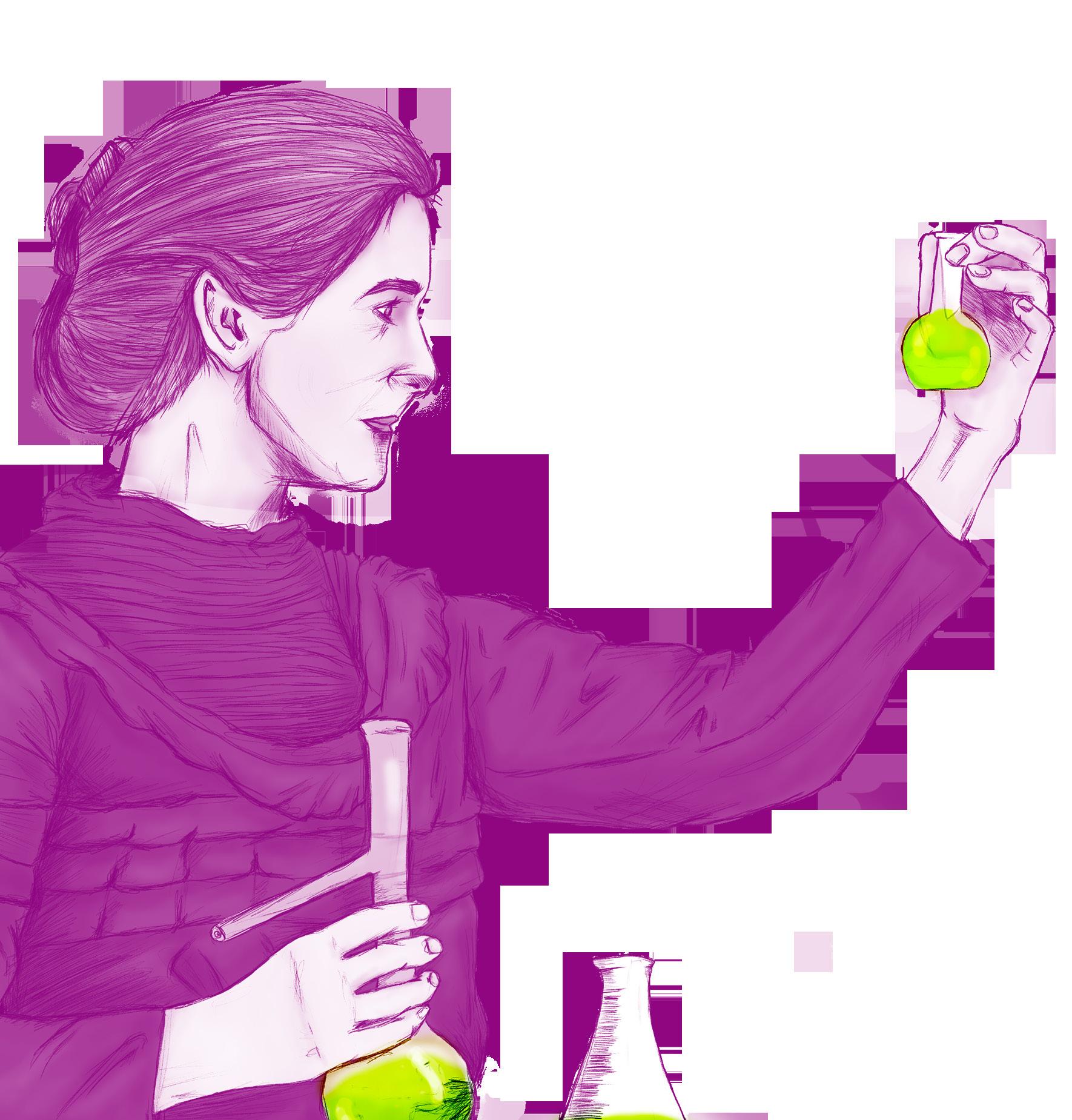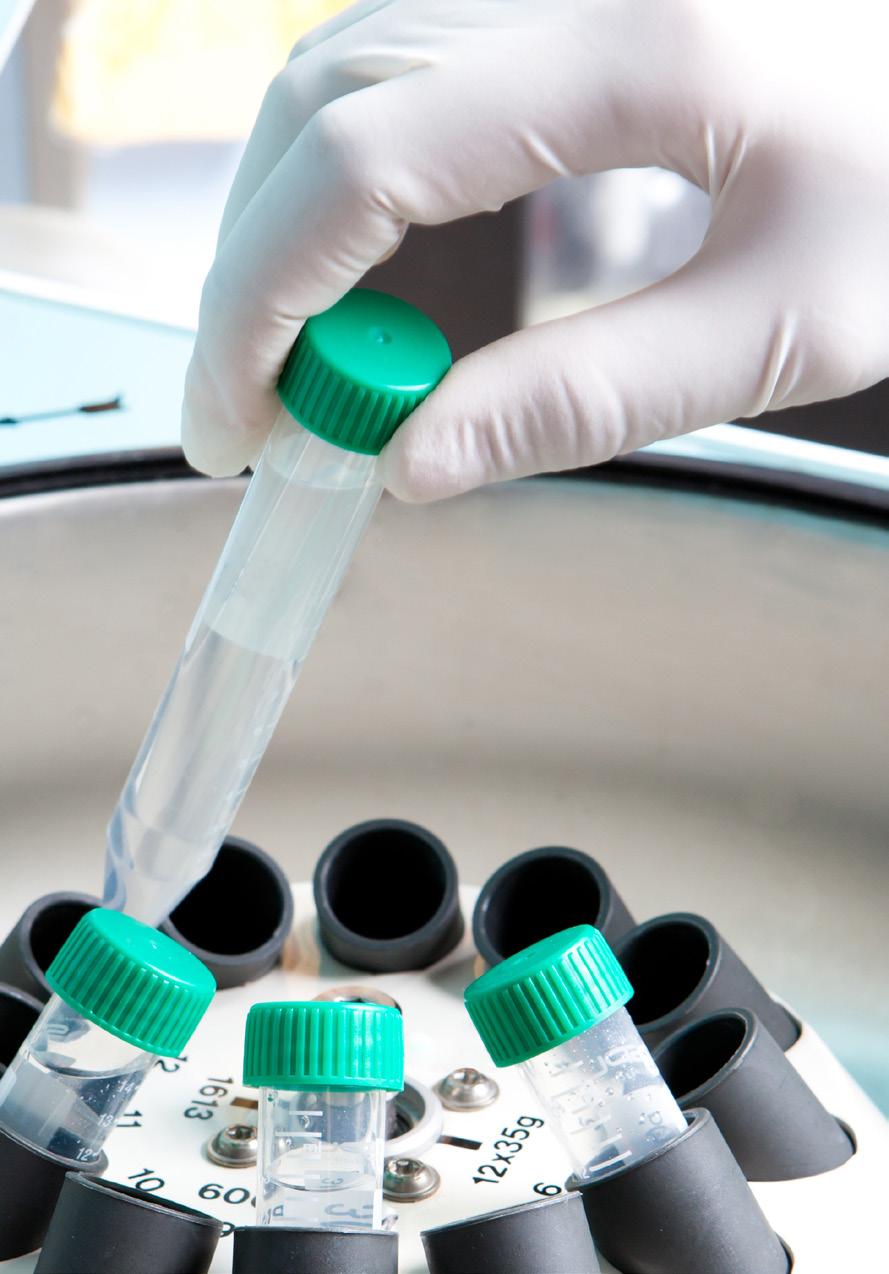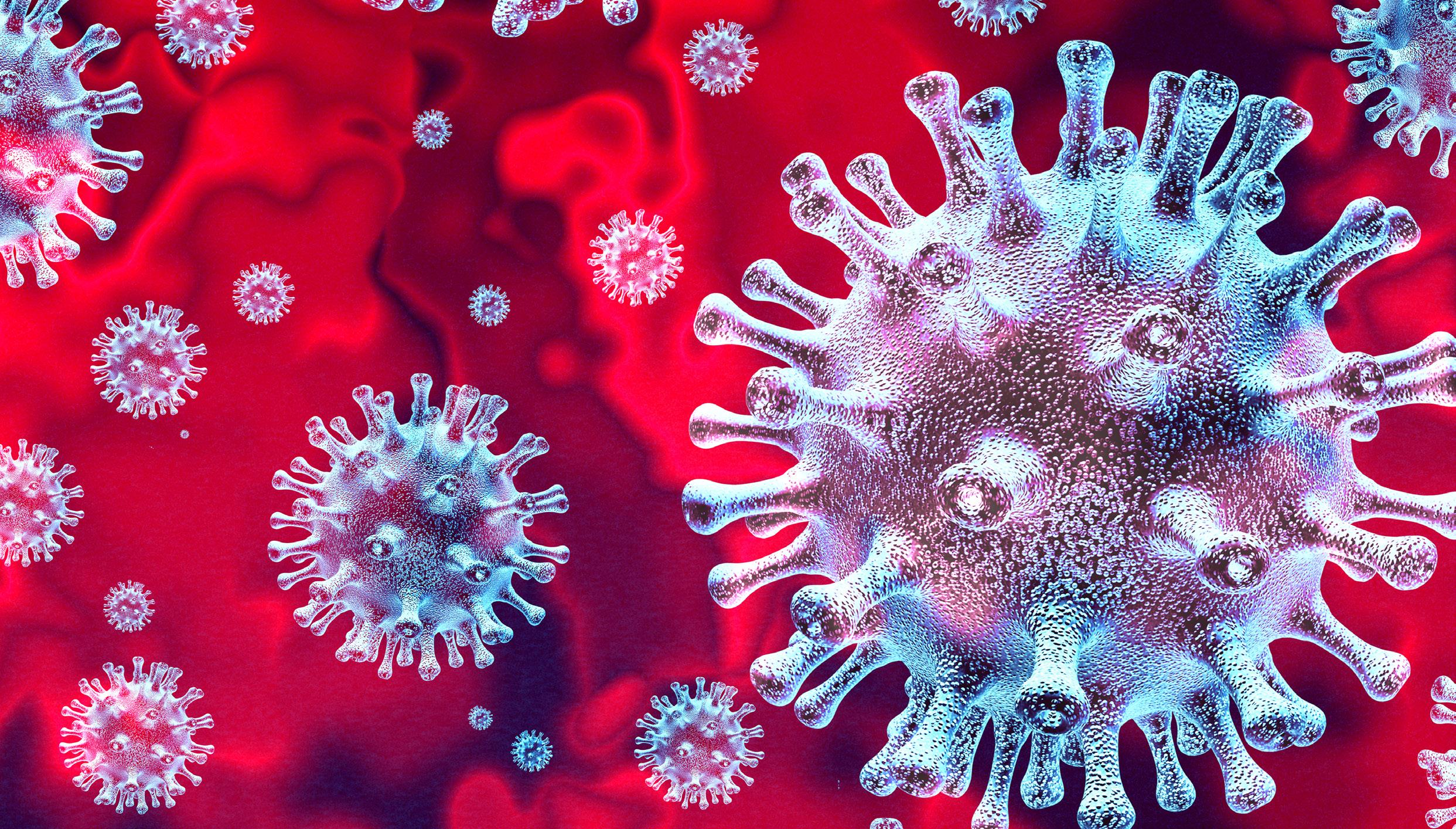
4 minute read
Gadgets
Depression, Taps, and Swipes
It should come as no surprise that our smartphone use is correlated with our behavior, well-being, and mental health. Wherever you go, you see people staring at small screens, entirely detached from their immediate surroundings. Some researchers have posited that smartphone dependency is the behavioral addiction of our time. For many people, mobile phones have become a way to detach from thoughts or emotions.
Advertisement
But which comes first: our troublesome behaviors or the addictive use of the devices (Blue and University Communications, 2019)? In the case of depression, a University of Arizona study based on a survey of 346 subjects aged 18-20 concluded the latter: “The main takeaway is that smartphone dependency directly predicts later depressive symptoms” (Lapierre et al., 2019).
In another study, however, the Alphabet subsidiary Verily takes a different observational approach (Mood Study 2, n/d). In addition to questionnaires and voice recordings, they asked subjects diagnosed with depression for permission to record and analyze data directly from their Android phones.
As is well known, smartphones can collect data on environment, location, and activity. Artificial Intelligence models can process this information and correlate phone data patterns with the mood of their owners. Verily affirms that the study “might be helpful in discovering new ways to measure and predict mood. These findings could potentially help others suffering from depression in the future.” Should your phone know your mood?
Big Brother, M.D. Every day we hear news about the different strategies that governments around the world have employed during the current COVID-19 pandemic to mitigate or contain the virus’s spread among the population. Perhaps the most innovative of these is the rise of the surveillance state as a tool to fight the disease’s rapid propagation.
China has the most sophisticated mass surveillance network in the world. The central government can track all citizen movements with the aid of AI and big data technologies, and the authorities have not hesitated to use these powers to combat the novel coronavirus (Wall Street Journal, 2020).
In combination with thermal sensors, face recognition cameras can identify and report people running a fever. Smartphone location information for a confirmed case can be cross-referenced with that of other people in order to trace their interactions. A mandatory quarantine can be enforced by following the movements of individuals or their vehicles. Mobile phone apps tell public transit passengers if they have shared a train or bus with a confirmed case. And China is not alone: South Korea uses similar tactics, and privacy is no limitation. On the Ministry of Health and Welfare
website, you can search for cases and find detailed information about infected persons. Although no names or addresses are given, people can infer ―or worse, wrongly assume― the victim’s identity (BBC News, 2020).
Israel also enabled an espionage technology, previously used to track Palestinian militants, that allows the government to spy on their citizens’ phones to track possible carriers and alert their contacts (The Washington Times, 2020).
Leaving aside the moral dilemma, these measures seem to have been successful. All this raises the question: during a health emergency of these proportions, can individual privacy be protected over the common good? Now may not be time to answer this question, but at some point, we will have to discuss whether we want Big Brother to be the guardian of our health.
References
•BBC News. 2020. ‘At a Love Motel’: Are S Korea Virus Alerts Too Revealing? 5 March 2020, sec. Asia. Available at <https://www.bbc. com/news/world-asia-51733145>. •Blue, Alexis, and University Communications. 2019. Which Comes First: Smartphone Dependency or Depression? UANews. 30 September 2019. Available at <https://uanews.arizona.edu/story/ which-comes-first-smartphone-dependency-or-depression>. •Lapierre, Matthew A., Pengfei Zhao, and Benjamin E. Custer. 2019. Short-Term Longitudinal Relationships Between Smartphone Use/Dependency and Psychological Well-Being Among Late Adolescents. Journal of Adolescent Health (August). Available at <https://doi.org/10.1016/j.jadohealth.2019.06.001>. •Mood Study 2 | Project Baseline. n/d. Available at <https://www. projectbaseline.com/study/mood2/> (accessed 6 April 2020). •The Washington Times. 2020. Israel Using Phone Surveillance to Track Coronavirus Patient Contacts. 18 March 2020. Available at https://www.washingtontimes.com/news/2020/mar/18/israelusing-phone-surveillance-track-coronavirus-/> (accessed 6 April 2020). •Wall Street Journal. 2020. How China Is Deploying Drones and Data to Tackle Coronavirus. YouTube video, available at <https:// www.youtube.com/watch?v=awfoSQ0mVGg>.
Gadgets
Aluna
What if your child with asthma could diagnose himself, and, at the same time, play a game on his smartphone? Aluna can do that. The device also offers to share the results with parents for review. https://bit.ly/2UxgLpI https://www.aluna.io/ https://bit.ly/2X04qMs https://www. youtube.com/watch?v=uxQG1LBw5pYIn another study, however, the Alphabet subsidiary Verily takes a different observational approach (Mood Study 2, n/d). In addition to questionnaires and voice recordings, they asked subjects diagnosed with depression for permission to record and analyze data directly from their Android phones.
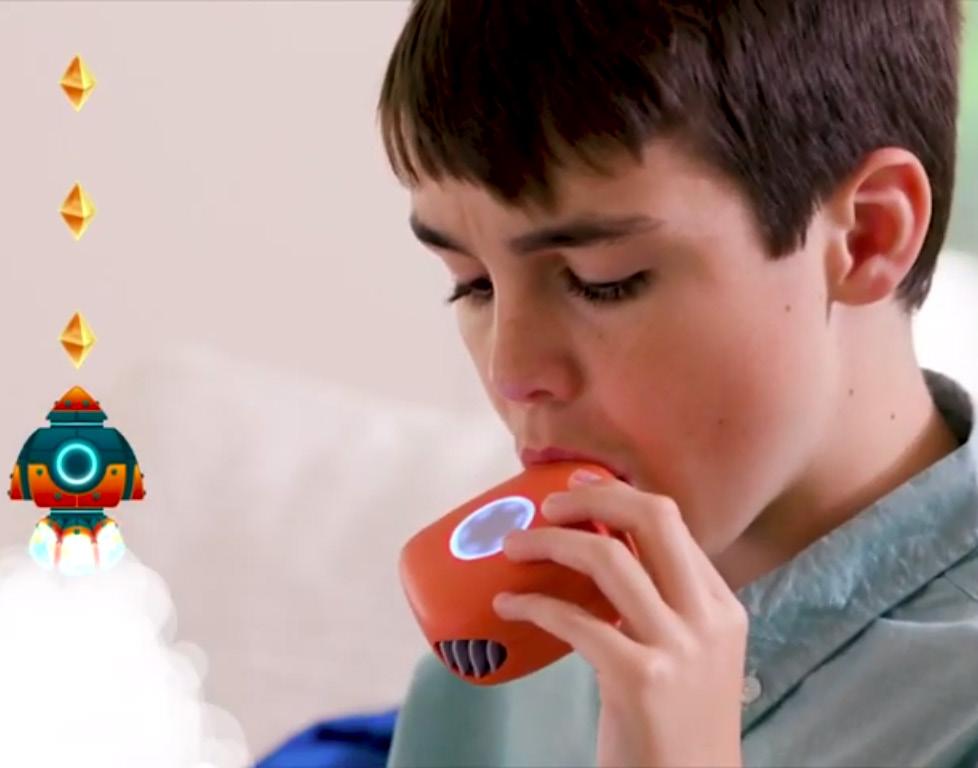
AerBetic

https://bit.ly/343QGC3 https://www.aerbetic.com/home AerBetic is a new non-intrusive device to measure blood sugar levels. It is inspired by man’s best friend: “Dogs have been in service helping diabetics since 2003. These animals are trained to use their keen sense of smell to detect those gases in diabetics and alert them to a possible episode”. It uses gas sensors that can detect parts of billion of those gases to identify diabetic status.
Xsensio
https://bit.ly/3aCpsER https://xsensio.com/ There is a lot of biochemical information on the surface of the skin, and Xsensio developed a new sensing platform to collect this information. According to the manufacturer, Lab-on-Skin™ provides “unprecedented real-time information about our health and wellness, in a simple and non-invasive way.”

